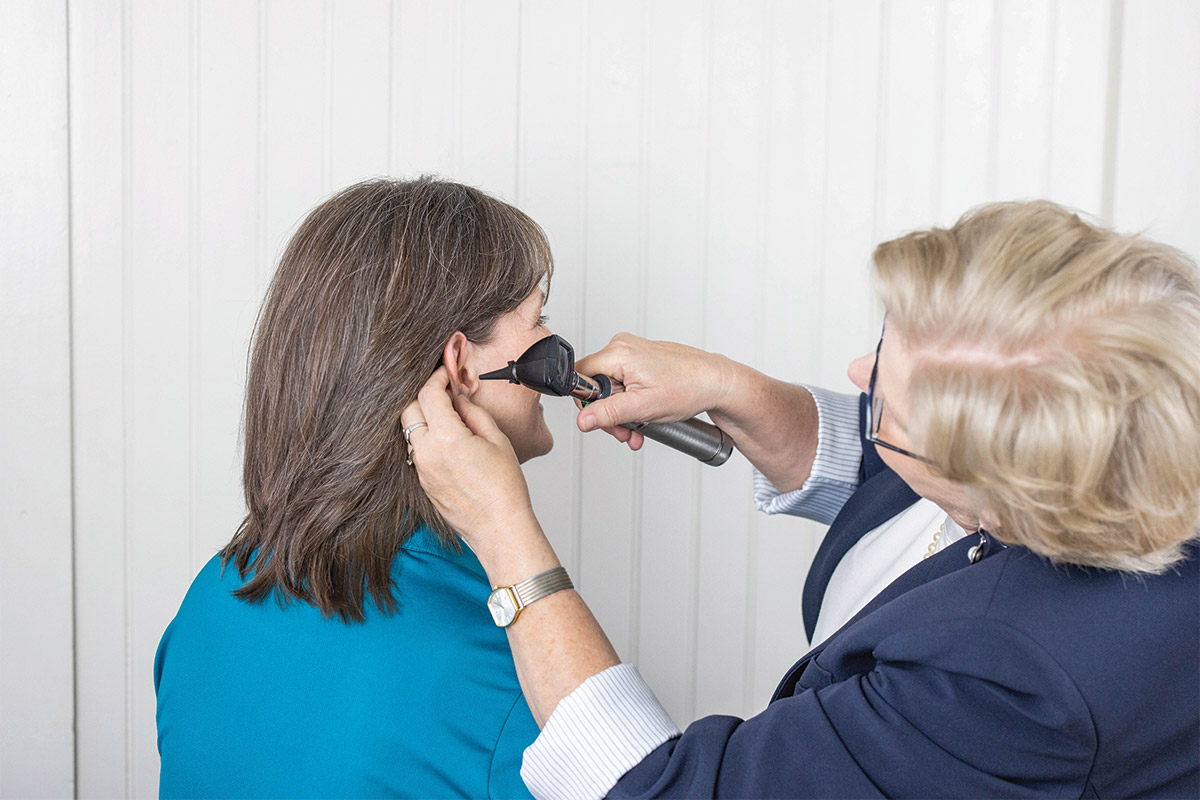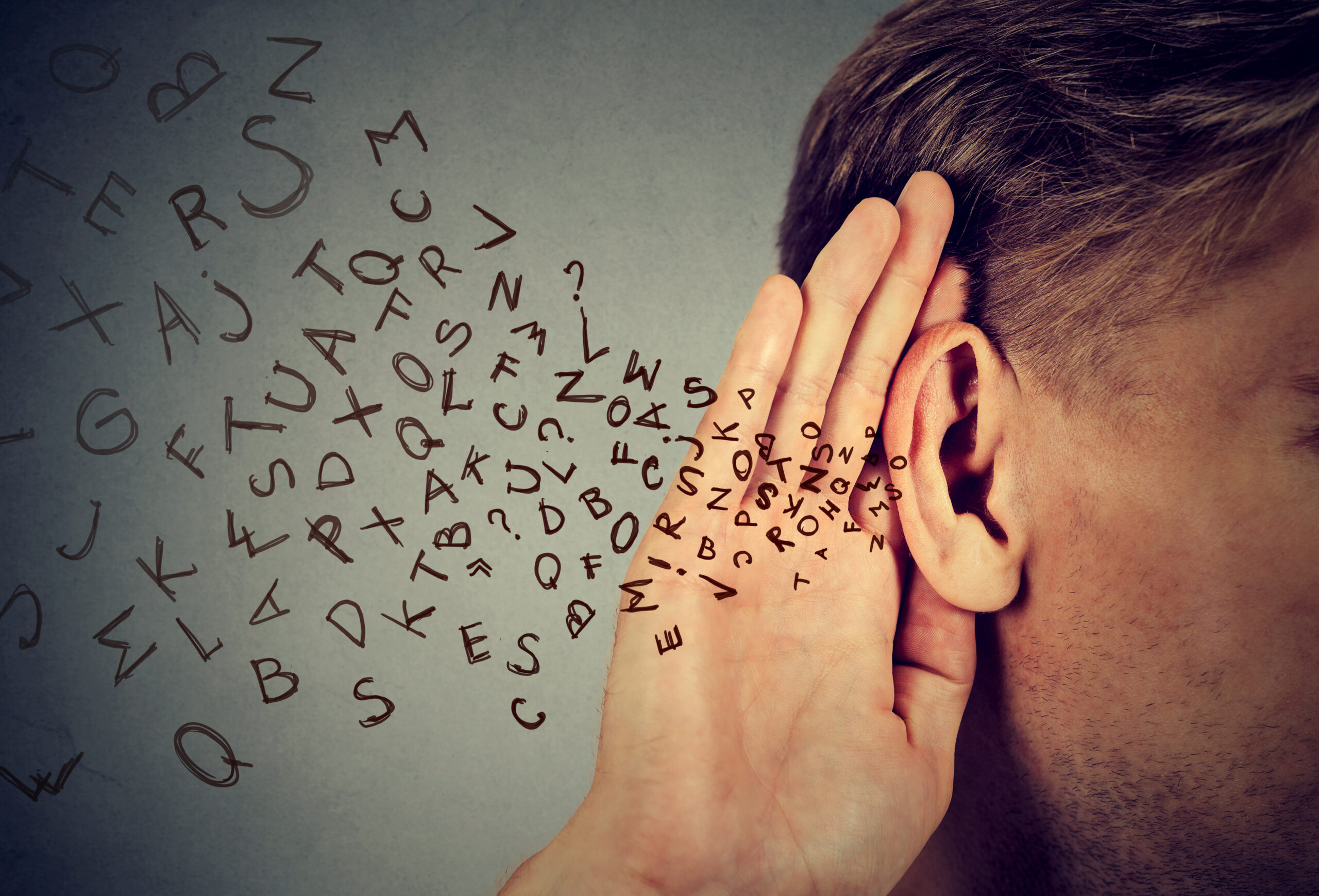Hearing loss is all too common among teenagers, young adults, and seniors. However, too many myths surrounding hearing loss make investing in the proper prevention and treatment strategies difficult. If you suspect you or your loved ones are suffering from hearing loss, here are nine facts you should know to take the next right step.
Hearing loss is a common illness
Did you know hearing loss is the second most prevalent issue worldwide? According to the World Health Organization ( WHO), one out of three people above 65 years suffers from hearing loss. This accounts for 165 million people globally. Two out of three people over 75 years live with hearing loss.
Hearing loss does not solely affect old people

source: pinterest.com
While most people diagnosed with hearing loss are above 65 years, they are not the only ones living with the illness. One can contract the condition after an illness, exposure to loud noise for an extended period, or inheriting hearing loss from families, regardless of age.
According to a World Health Organization report, 1.1 billion young adults and teenagers are more susceptible to acquiring hearing loss due to increased use of audio devices such as smartphones. Exposure to damaging sound levels at loud entertainment venues such as bars, sporting events, and nightclubs also increases the risk of hearing loss among teenagers and young adults.
People wait up to 7 years before seeking help
Although hearing loss is common among people of different ages, most victims do not know they have the illness until it is too late. This is because hearing loss is gradual, making it difficult to perceive. Hearing loss is also partial. This means you can hear some sounds normally, creating the impression of normal hearing. According to research by the Center for Hearing and Communication, only 16% of healthcare professionals perform routine hearing screening.
Noise is the leading cause of hearing loss

source: pinterest.com
While genetics, old age, and other diseases can result in hearing loss, exposure to loud noise (85 decibels or higher) is often the most significant cause of hearing impairment. A report by the National Institute on Deafness and Other Communication Disorders (NICCD) shows that 26 million people (15% of Americans) between 20 and 69 have hearing loss due to exposure to loud noise during recreation events or at work.
Hearing loss is linked to other diseases
Hearing loss does not only make social interactions awkward. When left untreated, hearing loss can result in dementia. According to a 2020 report by the Lancet Commission, hearing loss is one of the leading causes of dementia. Hearing loss causes the brain to work twice as hard, making it strain to hear and fill in gaps at the expense of memory and thinking systems.
A Johns Hopkins Bloomberg School of Public Health research shows hearing loss increases the chances of suffering from a heart attack by 36% and the risk of stroke by 30%. Other medical conditions linked to hearing loss include measles, Diabetes, sexually transmitted diseases ( STDs), Mumps, and Acoustic neuroma.
Hearing aids can improve hearing
Contrary to the false assumption that hearing aids do not work, wearing these electronic devices is one of the most effective ways to correct hearing loss and improve hearing. According to the Journal of the American Medical Association study, hearing aids offer a significant benefit in noisy and quiet listening environments.
Hearing aids work by amplifying sound vibrations that enter your ears. The surviving hair cells then pick up this sound and transfer it via the auditory nerve to brain cells.
Every person’s hearing loss and impairment are different

source: pinterest.com
No two people suffer from the same hearing loss: everyone hears various frequencies and sounds differently. For this reason, you should schedule a hearing test with an experienced hearing care expert regularly. A hearing test can help you invest in the right amplification products or hearing aids to amplify the correct sounds and frequencies.
Hearing loss is expensive
Untreated hearing impairment and loss cost the globe over $570 billion, according to a World Health Organization report. When left untreated, hearing loss could also result in reduced chances of career progression, lower income, and even employment.
Some medications can cause hearing loss

source: pinterest.com
Certain prescription medications can cause ear damage, resulting in hearing loss, balance problems, and ringing in the ear. Such drugs are perceived as ototoxic. According to the American Speech-Language-Hearing Association, there are over 200 ototoxic medications. Be sure to consult your physician before taking any medication and supplements to reduce the risk of hearing loss.
Endnote
Hearing loss can affect mental, physical, emotional, and social well-being. Familiarize yourself with the above fact to implement the proper hearing loss prevention and treatment measures.





